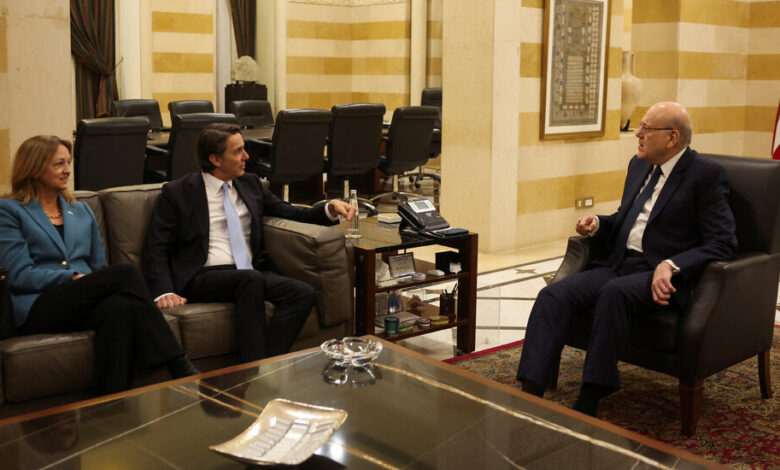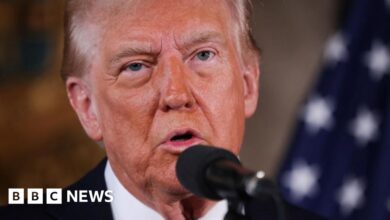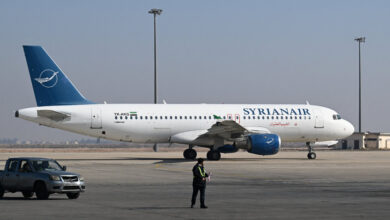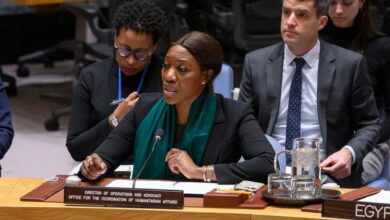The US special envoy said Israel would withdraw from southern Lebanon

A top U.S. envoy who helped broker a ceasefire between Israel and Hezbollah on Monday offered reassurance that Israel would fully withdraw from southern Lebanon, as called for in the agreement. fragile 60-day ceasefire agreement halted the bloodiest war between the two sides in decades.
Speaking to reporters in Beirut, the Lebanese capital, special envoy Amos Hochstein said the Israeli army withdrew from the southern town of Naqoura on Monday. In a statement, the Lebanese army said it had redeployed forces in the town following Israel’s withdrawal.
“These withdrawals will continue until Israeli forces completely leave Lebanon,” Mr. Hochstein said after meeting with senior Lebanese officials. “There has been a lot of progress in recent days and I hope to see more progress in the coming days.”
In spite of The ceasefire agreement reached at the end of November continues to be maintainedLebanese and Israeli officials are increasingly frustrated with the pace of implementation of the ceasefire agreement, while the deadline for the terms to be implemented is fast approaching.
Mr. Hochstein did not specify when Israeli troops would completely withdraw from Lebanon, and it remained uncertain whether the ceasefire agreement would be fully implemented by the end of the 60-day period.
The agreement ended a 14-month conflict between Israel and Hezbollah, a powerful militant group in Lebanon that began firing rockets into Israel in support of a Hamas-led attack on Israel on October 7. 2023. Hezbollah and Hamas are backed by Iran, part of the regional authorization network.
After Israel launched an offensive against Hezbollah last September, the violence killed many people. nearly 4,000 people in Lebanon and displaced more than a million others. The fighting has also severely weakened Hezbollah, with much of its leadership was wiped out.
Under the terms of the ceasefire, Israeli troops have until January 26 to withdraw from Lebanon. Hezbollah fighters were required to retreat in parallel north of the Litani River in southern Lebanon, and the Lebanese army was expected to deploy forces along the border.
So far, however, Israeli troops have only withdrawn from three of the dozens of areas in southern Lebanon where they continue to hold positions, a figure that includes Monday’s withdrawal from Naqoura, where a United Nations-based peacekeeping mission.
Amid accusations of ceasefire violations by both sides, Lebanon has also reported to the United Nations Security Council that Israel has conducted more than 800 “ground and air attacks” since the ceasefire. effective.
In contrast, Israeli Defense Minister Israel Katz on Sunday accused Hezbollah and the Lebanese state of failing to meet the terms of the ceasefire agreement, warning that Israel could be “forced to act” if no progress was made.
“This is not an easy process to undertake; it was a difficult process,” Mr. Hochstein admitted during Monday’s press conference.
The new leader of Hezbollah, Naim Qassem, threatened in a speech on Saturday that his group could start attacking Israel again if the country’s army does not completely withdraw from southern Lebanon before the deadline. 60 day period ends.
“When we decide to do something, you see it directly,” he said.




